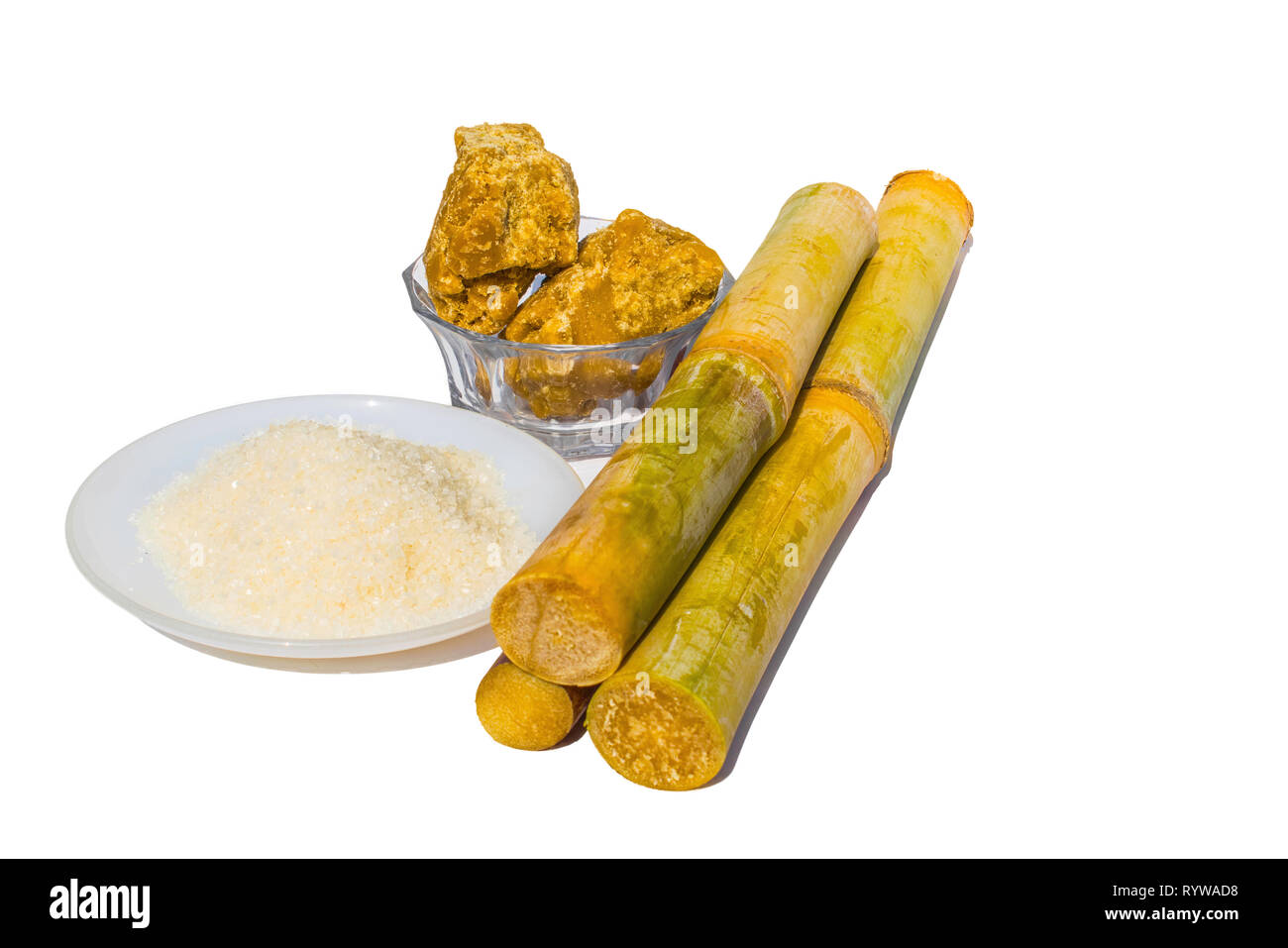Checking Out Sugarcane Products: Versatile Utilizes and Profits
The expedition of sugarcane products exposes a remarkable array of applications that prolong well beyond the acquainted world of sweeteners. As we analyze the multifaceted payments of sugarcane, one might ask yourself just how these diverse usages can improve markets and way of lives in a swiftly progressing world.
Overview of Sugarcane
Although sugarcane is often linked largely with sugar production, it is a functional plant with a rich background and various applications. Grown in subtropical and exotic areas, sugarcane thrives in well-drained soils and warm climates, adding substantially to numerous economic climates worldwide. This perennial lawn, belonging to the genus Saccharum, can expand to heights of as much as 4 meters, showcasing its durable nature.
Beyond its key function in sugar removal, sugarcane acts as an essential source for numerous by-products. The coarse deposit, called bagasse, is made use of for producing bioenergy and as a raw product for manufacturing paper and naturally degradable items. Furthermore, molasses, a by-product of sugar refining, is rich in nutrients and commonly utilized in animal feed and fermentation procedures.
Sugarcane additionally plays a significant duty in typical medicines and cultural practices in numerous areas, highlighting its importance beyond commercial usage (sugarcane product). Moreover, with the enhancing concentrate on lasting agricultural methods, sugarcane is being checked out for its potential in biofuels and carbon capture, placing it as a principal in the change towards sustainable energy sources. Therefore, the adaptability of sugarcane prolongs far beyond the boundaries of sugar manufacturing
Sugarcane in Food Products


Beyond sugar, sugarcane is the resource of energy-rich products such as jaggery and panela, which are typical unrefined sugars made use of in several cultures. These items not only sweeten foods yet likewise convey distinct flavors and dietary benefits.
Sugarcane juice, a refreshing drink enjoyed in lots of exotic regions, showcases the plant's versatility. It is commonly consumed fermented or fresh right into alcoholic beverages like rum.
Additionally, sugarcane fibers, called bagasse, are sometimes used to create food product packaging materials, stressing the ecological benefits of sugarcane handling. On the whole, sugarcane's contribution to food items is multifaceted, improving tastes, giving nutritional worth, and playing a substantial role in culinary traditions around the world.
Industrial Applications of Sugarcane
In various markets, the convenience of sugarcane extends much beyond its culinary applications. Sugarcane serves as an essential resources in the manufacturing of biofuels, especially official statement ethanol, which is click over here significantly made use of as a renewable resource resource. This biofuel is derived through fermentation and distillation processes, offering a lasting choice to nonrenewable fuel sources and contributing to a reduction in greenhouse gas discharges.

Moreover, the sugarcane industry has found applications in pharmaceuticals, where its components are used in the formulation of numerous medical items. The all-natural substances drawn out from sugarcane display antioxidant and antimicrobial buildings, enhancing the efficacy of particular drugs.
Finally, sugarcane is indispensable to the production of a variety of chemicals, including glycerol and organic acids, which are essential for various industrial procedures. These applications highlight sugarcane's considerable function in promoting commercial sustainability and innovation.
Ecological Benefits of Sugarcane
The multifaceted applications of sugarcane not just improve industrial processes yet additionally contribute significantly to ecological sustainability. As an eco-friendly source, sugarcane wikipedia reference growing plays a vital duty in carbon sequestration, absorbing considerable amounts of co2 from the environment. This process aids reduce climate adjustment by decreasing greenhouse gas concentrations.
Moreover, sugarcane by-products, such as bagasse and molasses, provide green choices to standard products. Bagasse, the fibrous deposit after juice extraction, can be used as a biomass gas, minimizing dependence on nonrenewable fuel sources and promoting cleaner power resources. Furthermore, molasses can be changed into bioethanol, further sustaining lasting energy campaigns.
Sugarcane farming also advertises biodiversity and soil wellness. Sustainable farming techniques, such as intercropping and crop turning, enhance soil fertility and lower erosion. Moreover, the plant's deep root system help in water retention, thus supporting regional communities and enhancing resilience versus dry spell.
Health Advantages of Sugarcane
Rich in crucial nutrients and all-natural sugars, sugarcane supplies countless health advantages that make it an important enhancement to a well balanced diet regimen. Its high fiber web content help in food digestion, promoting gut health and wellness and stopping constipation. Additionally, sugarcane gives anti-oxidants, which battle oxidative stress and may reduce the risk of chronic diseases.
Moreover, sugarcane juice is known for its hydrating residential properties, making it a superb drink choice, especially in hot environments. The all-natural sugars present in sugarcane offer a fast energy boost, beneficial for professional athletes and those taken part in physical activities. It additionally includes vital nutrients, such as vitamin C, magnesium, calcium, and potassium, which add to general wellness.
Studies recommend that sugarcane may assist control blood sugar degrees, making it a better sweetener for individuals with diabetes mellitus when eaten in moderation. Moreover, its anti-inflammatory properties can sustain liver health and help in cleansing.
Conclusion
In conclusion, sugarcane arises as a highly flexible plant with substantial contributions to different sectors. The spin-offs of sugarcane, such as bagasse and molasses, promote eco-friendly methods, while its wellness advantages enhance general wellness.
Although sugarcane is usually linked mostly with sugar manufacturing, it is a versatile crop with a rich history and various applications.Past its key duty in sugar removal, sugarcane offers as an important resource for numerous byproducts. Primarily known for producing sugar, sugarcane is changed into granulated sugar, brown sugar, and molasses, each serving distinct culinary purposes.Rich in vital nutrients and all-natural sugars, sugarcane offers numerous health advantages that make it an important addition to a balanced diet. The natural sugars present in sugarcane give a quick power increase, valuable for professional athletes and those involved in physical activities.